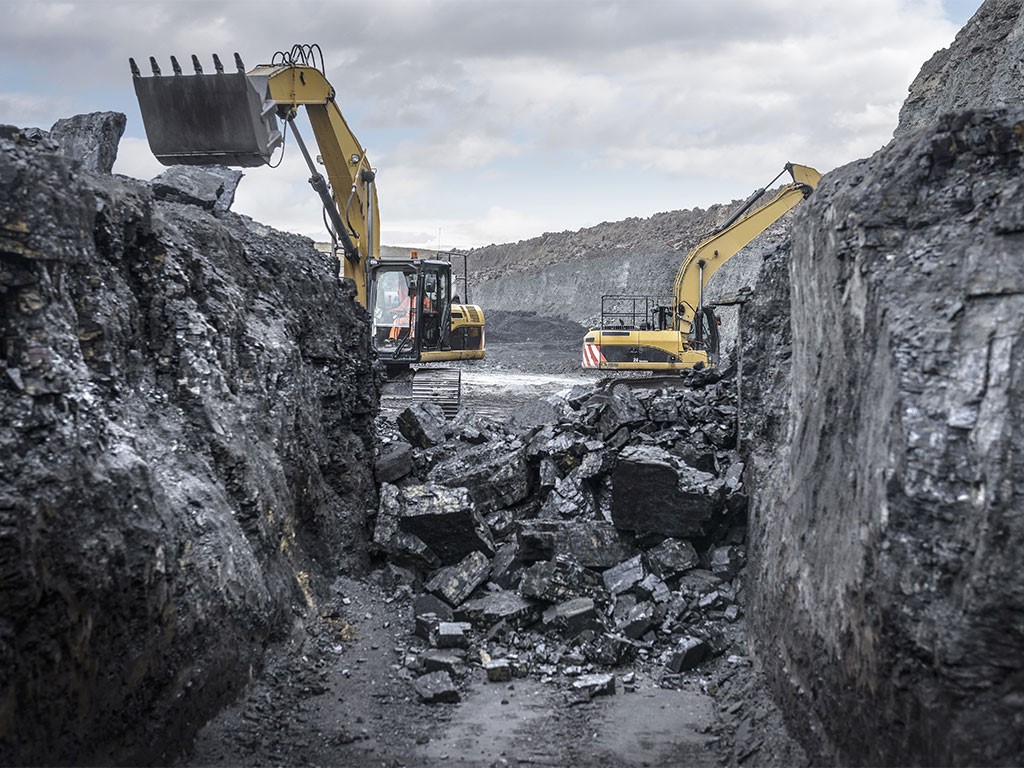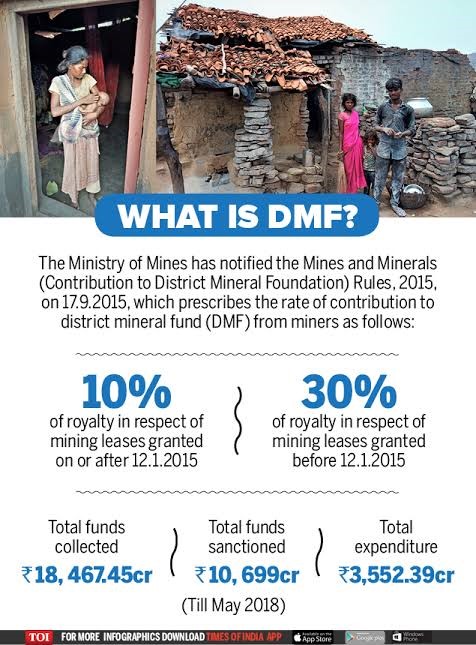Mining in India

Figure 3: No Copyright Infringement Intended
Context:
- The Supreme Court dismissed petitions filed by Vedanta Limited against an order of the High Court of Bombay at Goa
Mining Regulations in India:
Parliament has passed the Mines and Minerals (Development and Regulation) (Amendment) Bill, 2015 for regulating mining sector of India.
Major features
- All mineral concessions will be granted only through auction (Sections 10 B &11).
- Direct auction for mining leases for bulk minerals; auction of prospecting licences-cum-mining leases for deep-seated minerals (Sections 10 B & 11)
- Uniform lease period of 50 years; no renewals; auction at the end of lease period; will solve problems arising out of SC judgments on second and subsequent renewals (Section 8 A)
- Transition period of minimum 15 years for captive mines and 5 years for other mines; no sudden stoppage because of the Amendment {Section 8 A (5) and (6)}.
- All pending applications at State level (over 60 thousand) will abate except in a few cases where action is in progress/vested right exists {Section 10A}.
- Central Government empowered to prescribe deadlines for various processes and to issue binding directions to States (Section 20 A).
- Central Government to frame separate rules for atomic minerals {Section 11 (B)}.
- Prior approval of the Central Government will not be required for grant of mineral concession except for Atomic Minerals {Amendment to Section 5(1)}.
- Enabling powers for reservation for the public sector to continue {Section 17 A}.
- Higher penalties and jail terms for offences; special courts may be constituted, if necessary {Amendment to Section 21(1) & (2)}. .
- District Mineral Foundation to take care of people and areas affected by mining {Section 9 (B)}.
- National Mineral Exploration Trust to be set up to give impetus to exploration {Section 9 (C)}
- Easy transferability of concessions obtained through auctions to attract private investment and FDI.
- Powers to Central Government to intervene even where State Governments do not pass orders within prescribed time lines; this will eliminate delay.




1.png)
